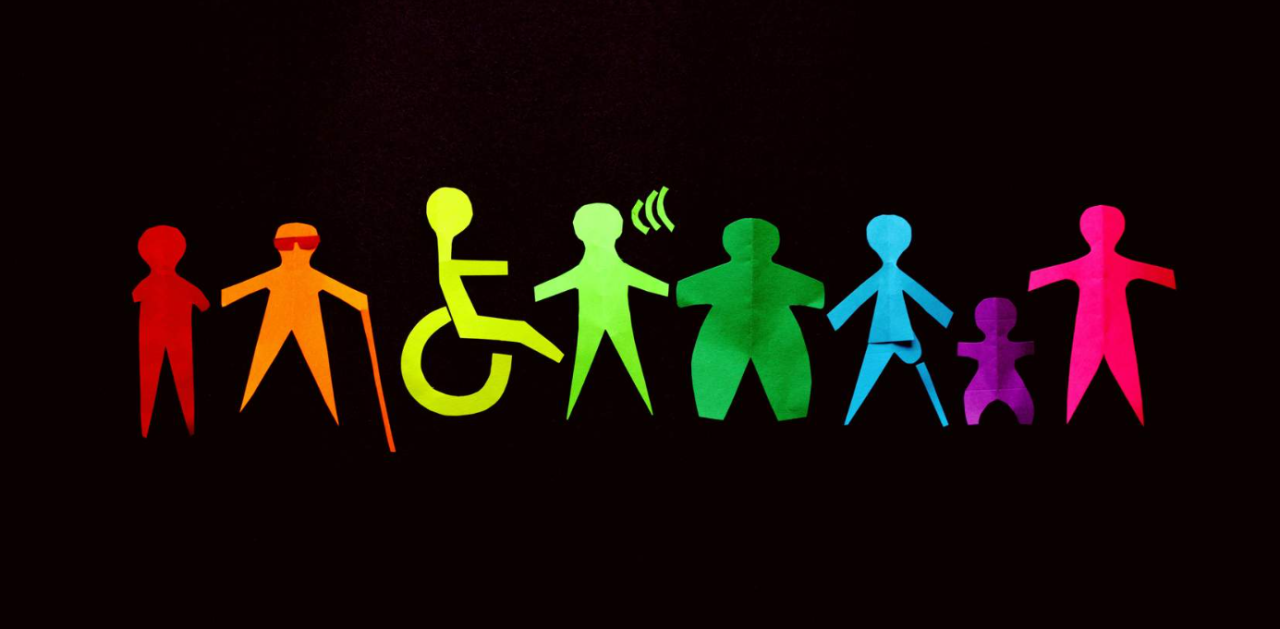In our increasingly interconnected world, cultural inclusivity in education has never been more important. But when we talk about culture, it's crucial to recognise that it extends beyond ethnicity. Culture encompasses gender, sexuality, upbringing, disability, and countless other differences that make us unique. At Pipi Learning, we passionately believe in the power of representation and the adage, "If you can see me, you can be me." And this is why…..
Culture: Beyond Ethnicity
When we think of culture, our minds might first go to ethnic backgrounds and traditions. However, culture is a rich tapestry woven from various threads, including gender, sexuality, family background, disability, and even personal interests and experiences. Each of these aspects shapes our identity and worldview, influencing how we learn and interact with educational content.
For instance, a solo mum juggling work and childcare will have different learning needs and preferences compared to a young professional fresh out of university. A person with a disability may require adaptive technologies and materials that accommodate their needs. Recognising these differences and designing inclusive learning experiences ensures that everyone has an equal opportunity to succeed.
The Power of Representation in Learning
Representation in learning materials is not just about ticking boxes or being politically correct; it's about creating meaningful connections that enhance engagement and comprehension. When learners see themselves reflected in the content, it validates their experiences and fosters a sense of belonging. This connection can significantly boost motivation and participation, making the learning experience more effective and enjoyable.
Imagine an online module that features diverse voices, stories, images, and examples that resonate with a wide range of learners. This approach does more than just teach; it inspires. It tells learners that they matter, their experiences are valued, and they have a place in the narrative. This sense of inclusion can lead to better retention rates and more profound learning outcomes.
The Kiwi Context: Representation Matters
Here in New Zealand, we have a unique cultural landscape that deserves to be honoured in our educational materials. Too often, online learning modules are populated with generic stock images of perfect-toothed Americans or laughing young people who bear little resemblance to our diverse population. This lack of representation can make learners feel disconnected and overlooked.
At Pipi Learning, we understand that New Zealanders want to see themselves in their learning materials. They want to see Māori and Pasifika faces, hear Kiwi accents, and engage with stories and examples that reflect their realities. By incorporating local cultural elements, we create a more engaging and relevant learning experience.
For example, using imagery that includes Māori carvings or Pasifika patterns, incorporating te reo Māori phrases, or featuring real-world success stories from local communities can make a significant difference. These elements not only enrich the learning experience but also promote cultural awareness and respect among all learners.
Pipi Learning: Committed to Inclusivity
At Pipi Learning, we are dedicated to fostering an inclusive outlook in our learning design. We believe that everyone, regardless of their background, should have access to quality education that respects and celebrates their unique identity.
Cultural inclusivity is not a luxury; it's a necessity in modern education. By embracing and celebrating the rich tapestry of human experience, we create learning environments that are engaging, respectful, and effective. Pipi is committed to leading the way in inclusive learning design. We invite you to join us on this journey and experience the difference that truly inclusive education can make.
Let's ensure that every learner, from every background, sees themselves reflected in their educational journey. Because when we see ourselves in our learning materials, we believe in our potential, and we achieve our best. At Pipi Learning, we're here to make that vision a reality.

